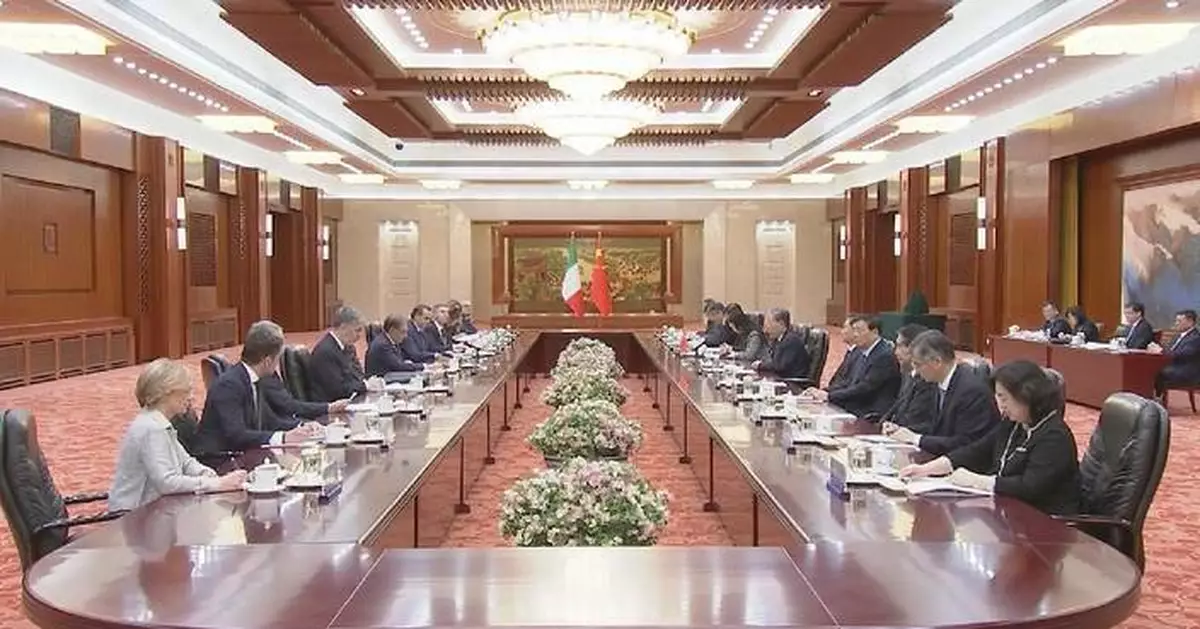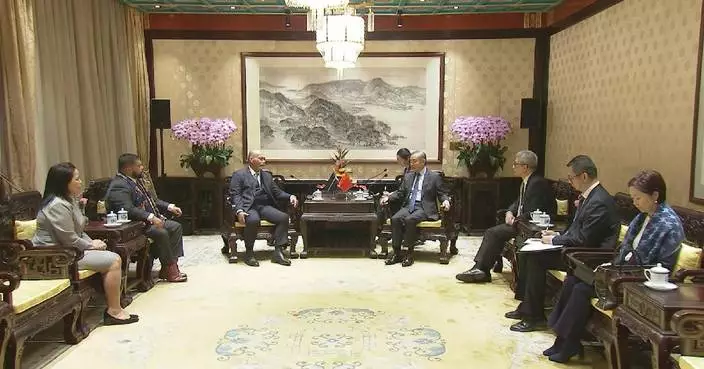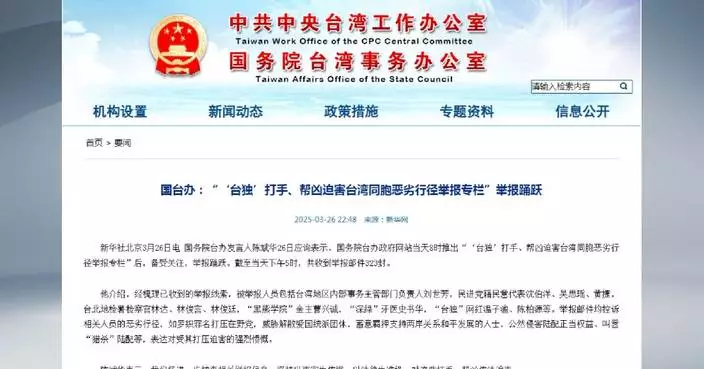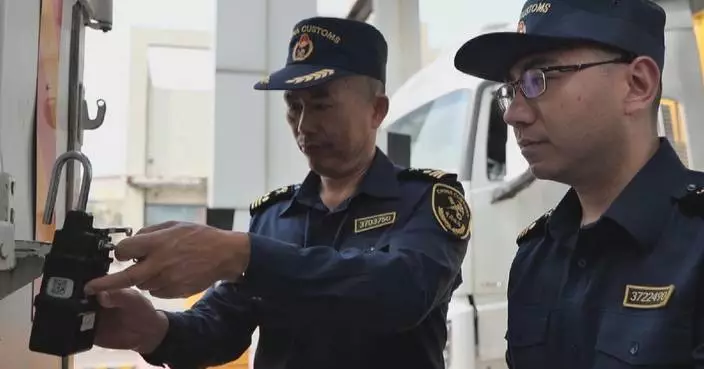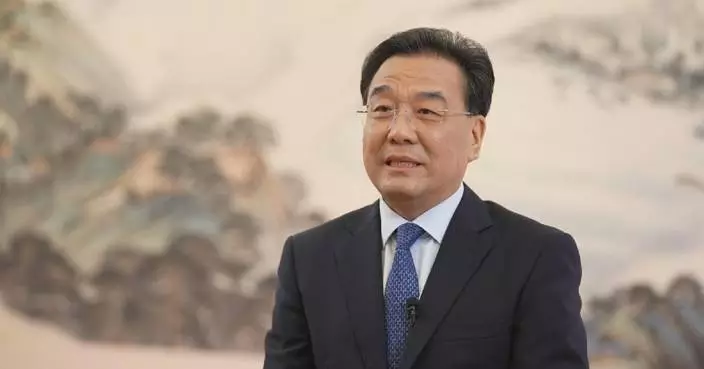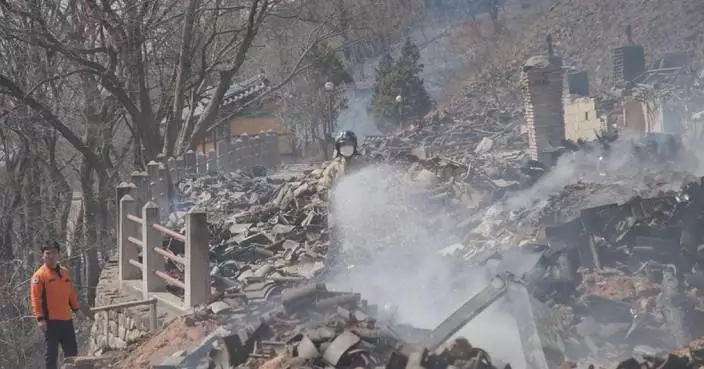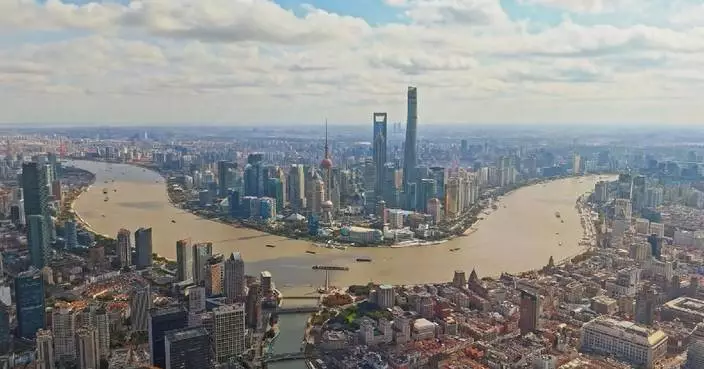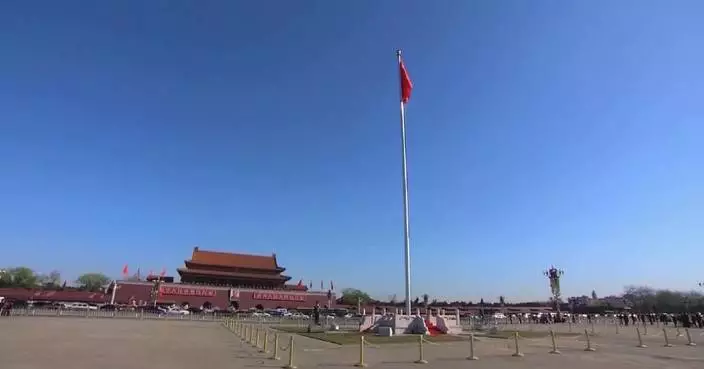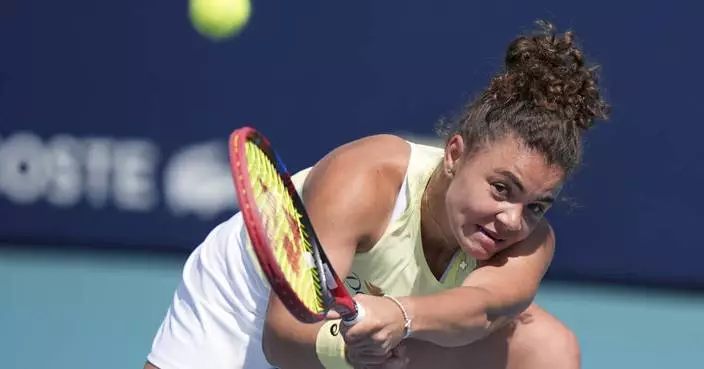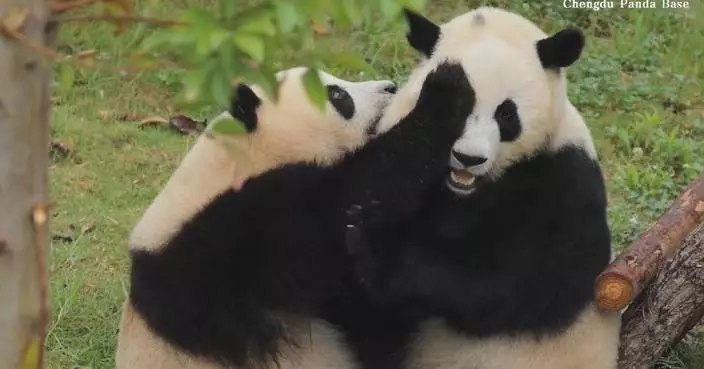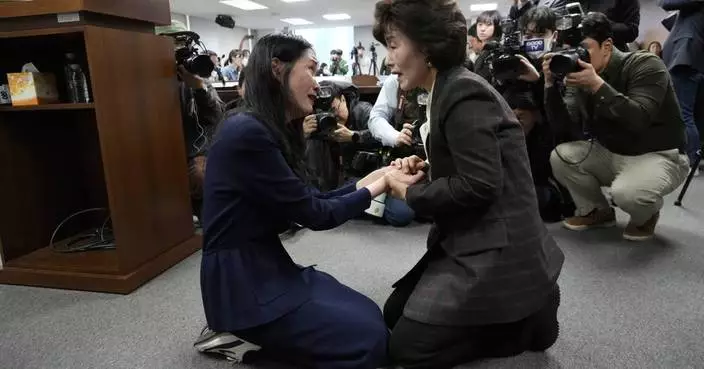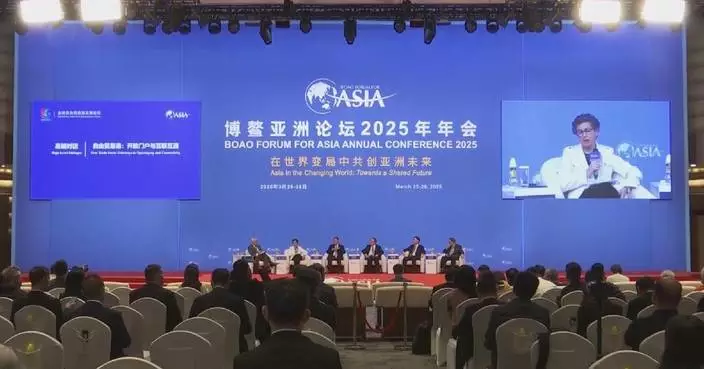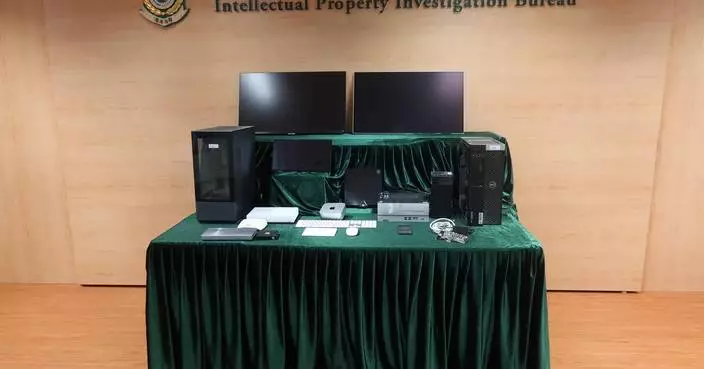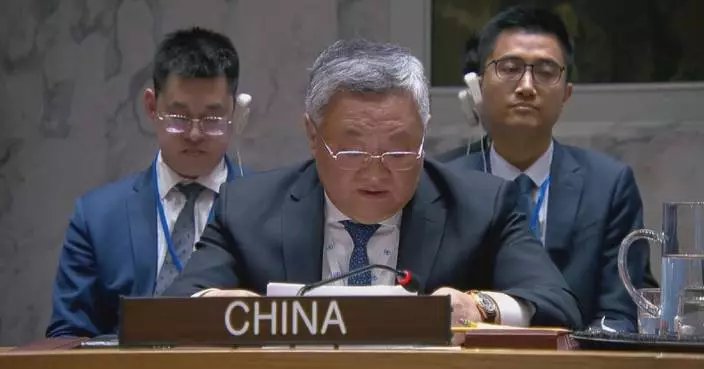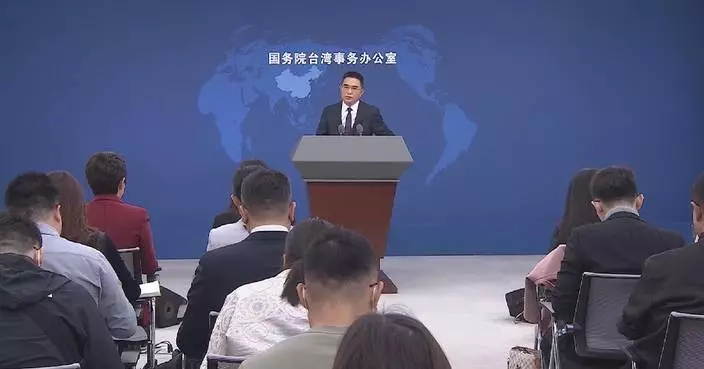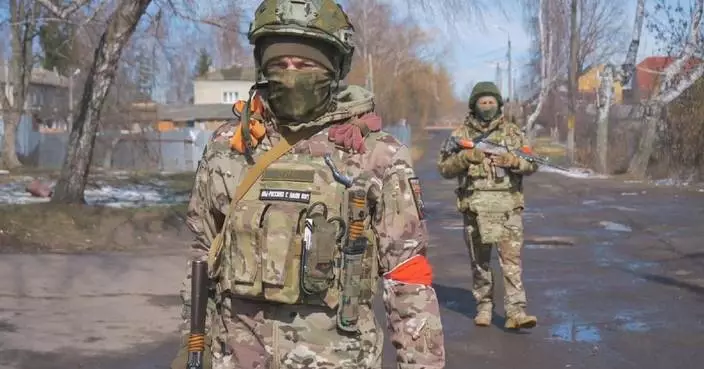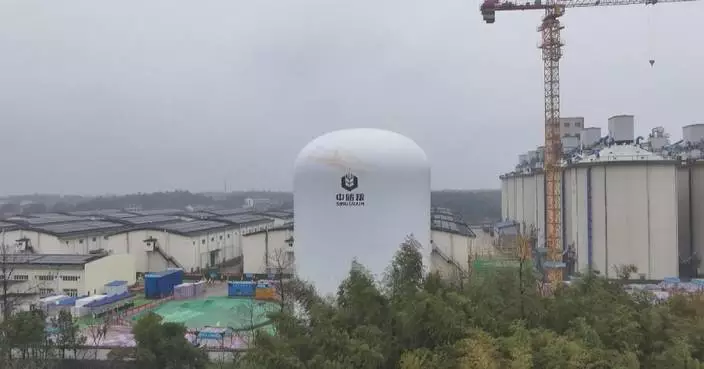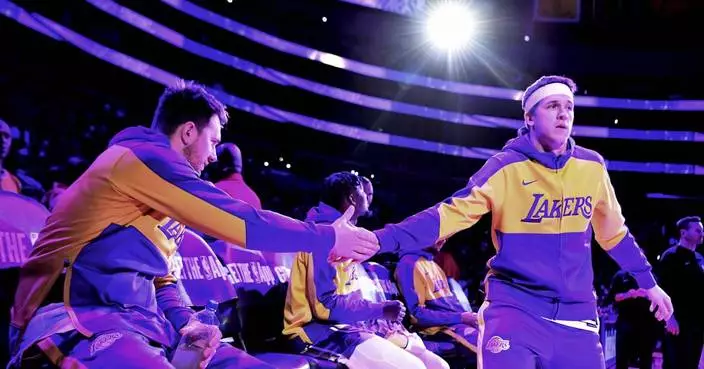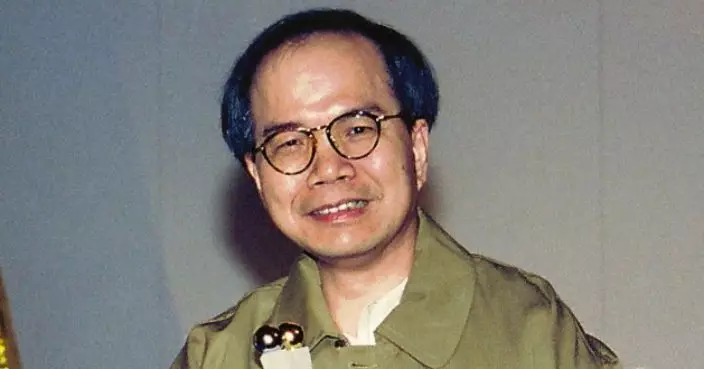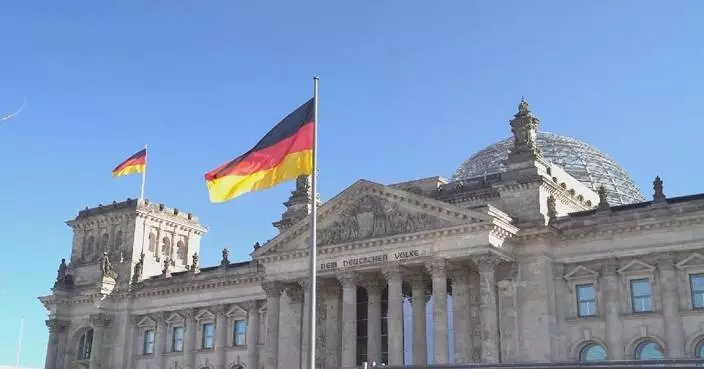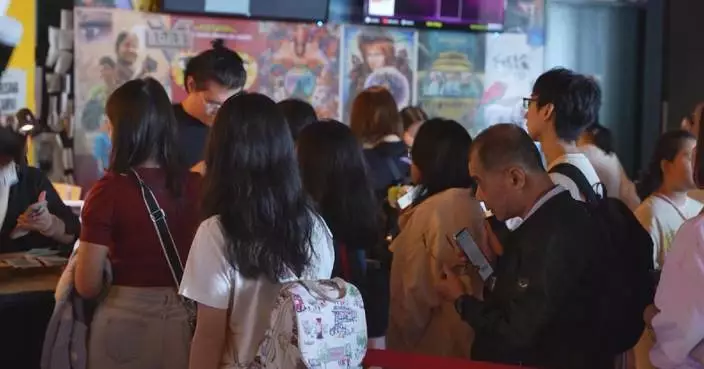China is willing to strengthen strategic alignment with Italy, and tap deeper cooperation potential in shipbuilding, new energy and other fields, said China's top legislator Zhao Leji during talks with Italian Senate President Ignazio La Russa in Beijing on Monday.
Noting that last year marked the 20th anniversary of the establishment of China-Italy comprehensive strategic partnership, Zhao, chairman of the National People's Congress (NPC) Standing Committee, said that under the strategic guidance of top leaders of the two countries, China-Italy cooperation has been expanding, bringing tangible benefits to the two peoples.
Zhao pointed out that China appreciates Italy's adherence to the one-China principle, and is willing to carry forward traditional friendship with Italy, so as to make the two countries strategic partners that help each other succeed.
China is ready to work together with the Italian side to advocate exchanges and mutual learning between the two civilizations, Zhao said.
Zhao said the NPC of China is willing to work with the Italian Parliament to implement the three-year action plan to strengthen the comprehensive strategic partnership between the two countries, strengthen friendly exchanges between the legislative bodies of the two countries, and provide legal guarantee for bilateral practical cooperation.
Zhao said China is ready to work with the EU to take the 50th anniversary of the establishment of diplomatic ties between China and the EU as an opportunity to promote sustained, steady and sound development of the China-EU relations, and expressed the hope that Italy will continue to play a positive role in this regard.
Zhao introduced China's policies and measures to keep sustained economic recovery and opening-up at a higher level, and said that companies from all countries, including Italy, are welcome to seize cooperation opportunities and grow together with the Chinese economy.
La Russa said both Italy and China are ancient civilizations. In the current international situation that is marked by complex changes, cooperation between Italy and China can make new contributions to world peace and stability.
Italy adheres to the one-China principle, attaches great importance to China's international status and role, and looks forward to expanding cooperation with China in such fields as economy, trade, science, technology and culture, so as to promote sound and stable development of the EU-China relations, he said.
The Italian Senate is willing to keep closer exchanges with the NPC of China, and play a positive role as a legislative body for bilateral practical cooperation, he said.
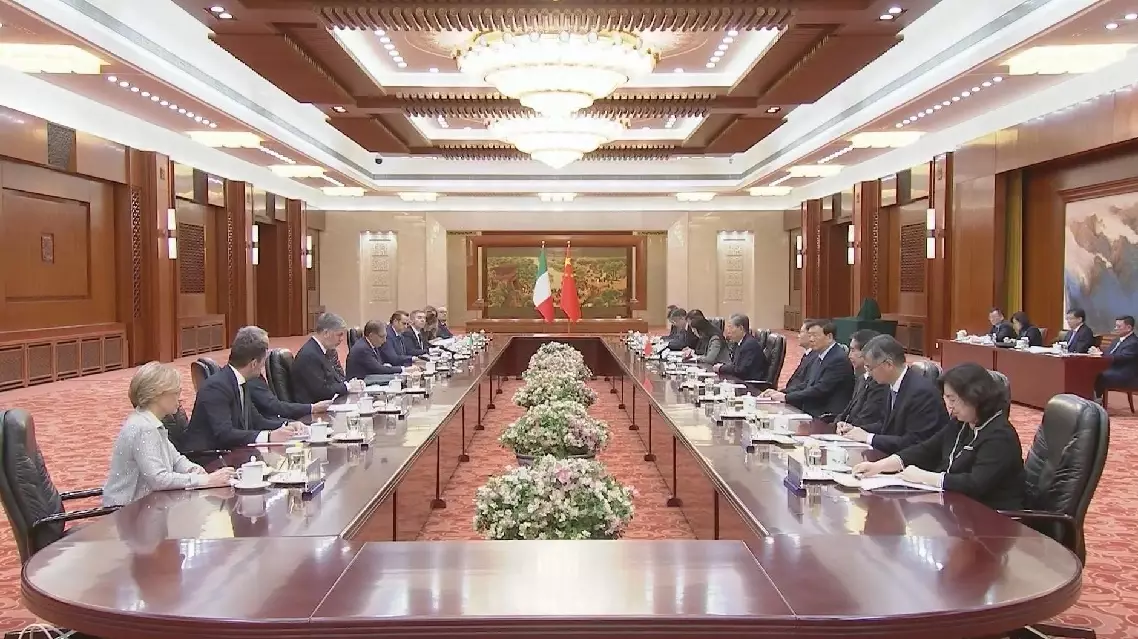
China's top legislator meets Italy's Senate president on cooperation
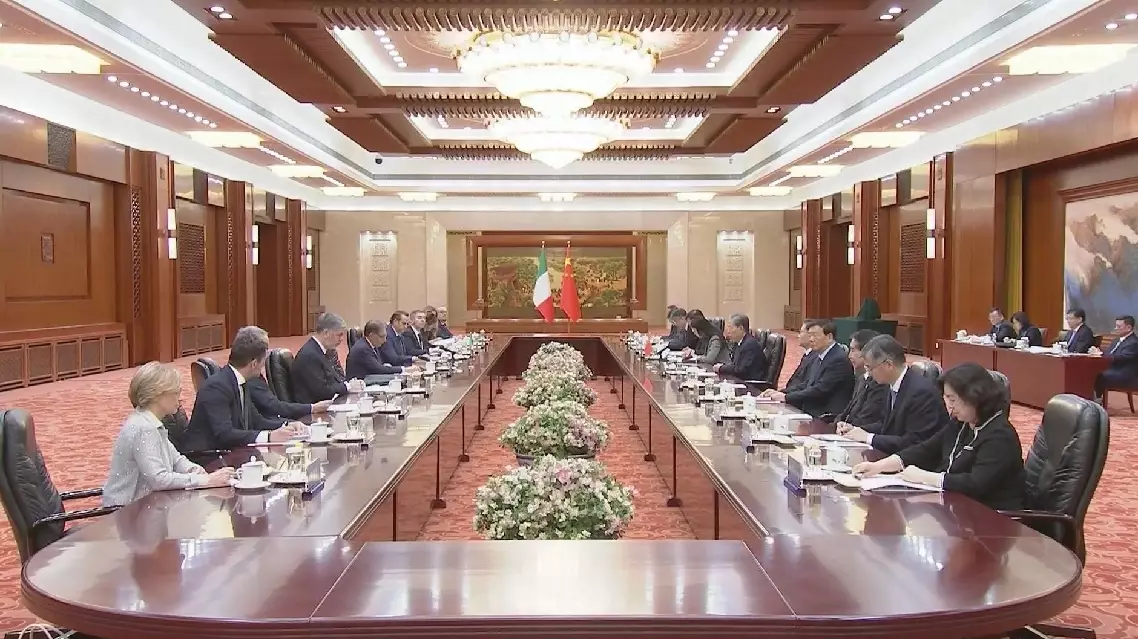
China's top legislator meets Italy's Senate president on cooperation
It's impossible to build a system of governance that ensures artificial intelligence (AI) systems always operate and police themselves in alignment with both human and machine well-being without the participation of China, American columnist Thomas L. Friedman said in an article on Tuesday.
Friedman, a three-time Pulitzer Prize winner and the author of "The World Is Flat: A Brief History of the Twenty-First Century," attended the China Development Forum 2025 held on March 23 and 24 in Beijing.
Based on what he saw and heard during the event, Friedman published an article in the New York Times titled "What I'm Hearing in China This Week About Our Shared Future" on Tuesday.
"There is an earthshaking event coming — the birth of artificial general intelligence (AGI). The United States and China are the two superpowers closing in on AGI — systems that will be as smart or smarter than the smartest human and able to learn and act on their own," the article reads.
Friedman cited an M.I.T. Technology Review report on the "16 humanoid robots" that danced on stage during China's televised Spring Festival gala this year which read: "Clad in vibrant floral print jackets, they took part in a signature ... dance, twirling red handkerchiefs in unison with human dancers."
Friedman wrote in his column that "In their day job, these robots work assembling electric vehicles. Dancing was just their hobby."
"The advances that China has made on AI in just the past year have made it absolutely clear that Beijing and Washington are now the world's two AI superpowers," Friedman wrote.
He mentioned a recent report by Morgan Stanley describing China's dominance over the West in the humanoid robot industry, saying the country is home to a majority of the top-listed companies in this sector.
Noting AI systems and humanoid robots offer so much potential benefit to humanity, Friedman warned they could also be hugely destructive and destabilizing if not embedded with the right values and controls.
He repeatedly stressed the importance of collaboration between the U.S. and China in AI.
"Because what Soviet-American nuclear arms control was to world stability since the 1970s, U.S.-Chinese AI collaboration to make sure we effectively control these rapidly advancing AI systems will be for the stability of tomorrow's world," Friedman wrote.
"China has greatly narrowed the gap with us and surpassed the other democracies. This can't be done without Beijing. So guess who's coming to dinner. It's a table for two now," he said.
Friedman wrote in the article that "Once AGI arrives, if we are not assured that these systems will be embedded with common trust standards, the United States and China will not be able to do anything together."
He pointed out that in this case, neither side will trust anything they trade with the other, because AI will be in everything that is digital and connected, including cars, watches, toasters, chairs, implants, and notepads.
"So if there is no trust between the U.S. and China and each of the two countries has their own AI systems, it will be the TikTok problem on steroids. A lot of trade will just grind to a halt, with only soybeans for soy sauce sold to each other," Friedman wrote, saying "It will be a world of high-tech feudalism."
Friedman said he was taken with a speech by Israeli historian Yuval Noah Harari during the conference, who said that "We should build more trust between humans before we develop truly superintelligent AI agents. But we are now doing exactly the opposite. All over the world, trust between humans is collapsing. Too many countries think that to be strong is to trust no one and be completely separated from others. If we forget our shared human legacies and lose trust with everyone outside us, that will leave us easy prey for an out-of-control AI."
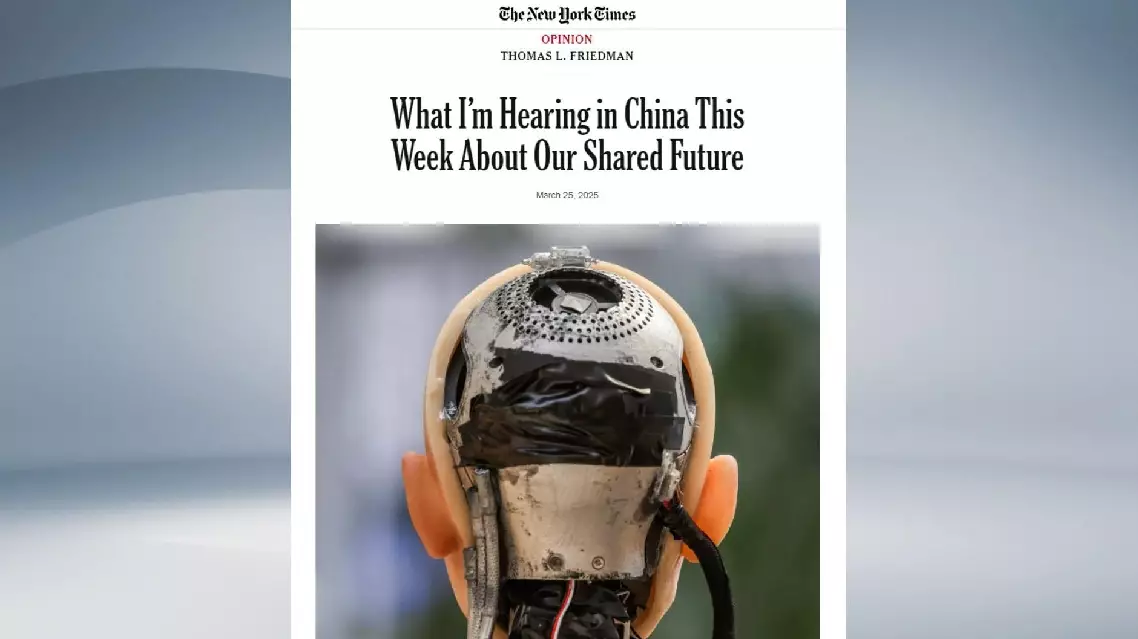
Global AI governance cannot happen without China: American columnist




